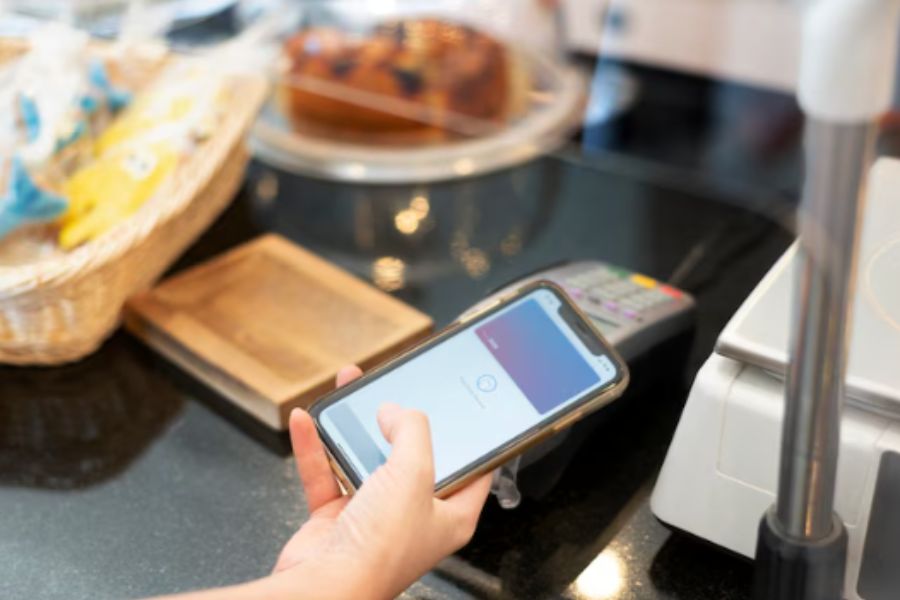Definition of Kiosk
The kiosk is an accessible selling booth used in bustling areas like malls, shopping centers, or airports mostly as a marketing effort for new products or services. Usually, kiosks are run by more than one individual, however, some kiosks also offer electronic services.
In modern days, businesses often need a kiosk POS (point-of-sale) system to sustain an efficient kiosk operation. As a self-service solution, it equips customers with a small touchscreen to handle transactions. The kiosk POS helps to reduce waiting time and assists staff during busy hours.
Types of Kiosk
- Information Kiosk: Provide verified information. For example, retail information kiosks are used for advertising new products. Additionally, customers can ask for information about any products made by the same retailers in these kiosks.
- Internet Kiosk: Assist people with limited or no internet access by providing free or paid access or function as a telephone booth in public areas.
- Wayfinding Kiosk: Provide intuitive 2D (flat layout) or 3D (more detailed and complex) maps that support people to simplify navigation the ways to expected destinations.
- Advertising Display Kiosk: Emerge as a new and effective advertising tool that displays eye-catching images of new products and sometimes, allows people to interact with.
- Self-service kiosk POS
Advantages of Kiosk
- Enhance customer experience: Customers can easily obtain exact and detailed information such as pricing, features, availability of products or services provided by certain retailers. Since kiosks are easily accessible and time-saving, which may improve customer experience and promote loyalty.
- Reduce business cost: Kiosk requires less investment compared to retail stores. Additionally, retailers also save costs for labor wages and use them for other purposes.
Disadvantages of Kiosk
- Limit number of transactions: Kiosk mostly can not support complicated transactions such as return or exchange merchandise due to small-scale operation.
- Lack of personal interaction: Some customers may prefer talking with actual staff rather than with machines. Especially older generations, who are commonly not tech-savvy, usually find it difficult to deal with modern technology. This somewhat causes negative impacts on the brands.


